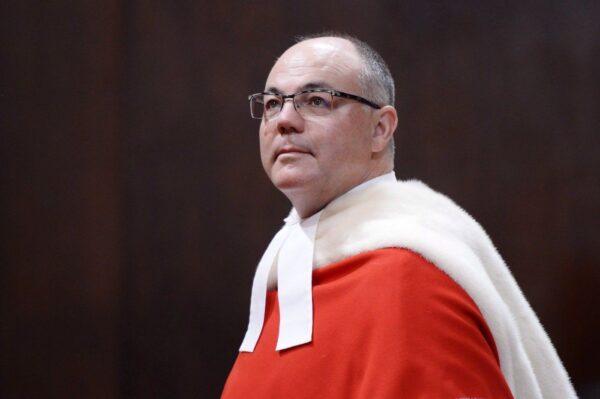The resignation of Supreme Court Justice Russell Brown leaves a big hole in the country’s top court, according to many.
Joanna Baron, a lawyer and the executive director of the Canadian Constitution Foundation, said his loss is “monumental.”

The resignation of Supreme Court Justice Russell Brown leaves a big hole in the country’s top court, according to many.
Joanna Baron, a lawyer and the executive director of the Canadian Constitution Foundation, said his loss is “monumental.”